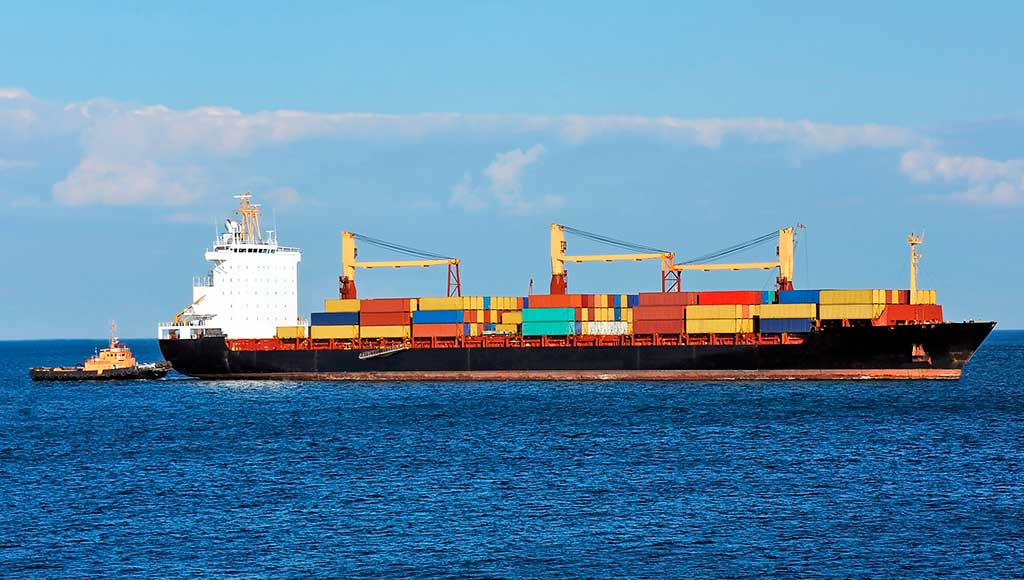Consortium completes project exploring scaleable green methanol and carbon capture loop technology
The Maritime Power-to-X project led by Larne-based B9 Energy Storage together with Teesside University’s Net Zero Industry Innovation Centre, DFDS Seaways, DFDS Logistics, JG Maritime Solutions, Larne Harbour and Mutual Energy, has successfully explored how scaleable green methanol and carbon capture loop technology can be used as a zero-emissions fuel in ships and ports.
This Clean Maritime Demonstration Competition (CMDC R4) project, funded by the UK Department for Transport and facilitated by Innovate UK, has carried out a feasibility study and predeployment trials to meet the requirements of a green shipping corridor. The criteria to plan to use a zero-emissions vessel, operating from carbon-neutral ports and feeding carbon-neutral logistics operating from those ports have been met.
The project outputs and reports take account of the UK Department for Transport Maritime Decarbonisation Strategy issued on 25 March 2025, but not the outputs from the 83rd meeting of IMO’s Marine Environment Protection Committee which concluded 11 April 2025. As such, the report considers the status of IMO and UK regulations in force at the conclusion of the project on 31 March 2025.
The project has investigated the feasibility of establishing a green shipping corridor between Northern Ireland and the northwest of England using a roro freight ferry, powered by hydrogen reformed on board from green methanol delivered in road mobile ISO tank containers. The green methanol would be synthesised in the Port of Larne from green hydrogen and carbon dioxide.
The project includes the feasibility of capturing CO2 from an onboard reformer and returning it to the methanol synthesis plant in the same tank containers that delivered the methanol, thereby setting up a circular CO2 economy, known as a carbon loop that avoids future supply constraint of green CO2. The port-based flexible green methanol plant will use otherwise curtailed wind power to drive a 150-MWe electrolyser.
The domestic green shipping corridor would have ‘true-zero’ emissions; would not be reliant upon limited supplies of bioderived CO2 or direct air-captured CO2; and would not need any carbon offsetting to meet net-zero objectives.
The performance of the new technology has been simulated using techno-economic modelling of the green shipping corridor and includes using DFDS Seaways’ roro freight ferry Magnolia Seaways. Both new construction and retrofit concept designs have been developed.
Predeployment trials have been successfully carried out in the Port of Larne to prove the concept of fuel cells being able to produce electricity to charge battery-electric port vehicles, light vans and cars. Additionally, B9 Energy has commissioned FAST Technologies of Londonderry, Northern Ireland to integrate a methanol water mixing skid and catalytic reformer, to produce hydrogen for a fuel cell, to generate green electricity, to charge battery-electric terminal tractors /or HGV logistics vehicles. The green CO2 will be captured and transferred in liquid form into a suitable storage tank.





